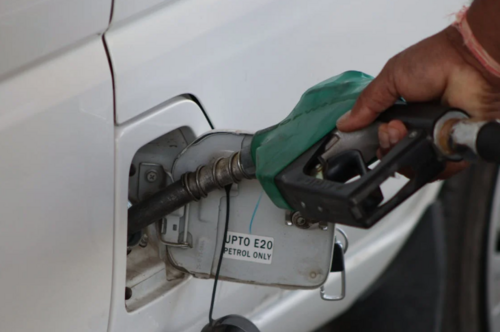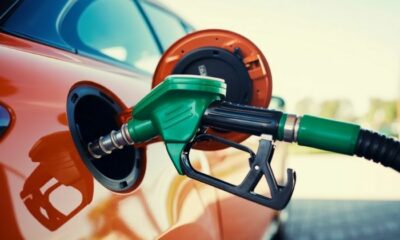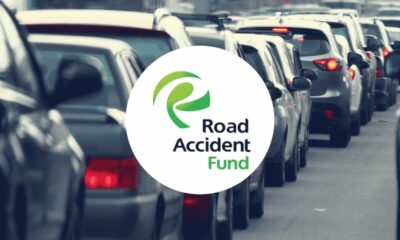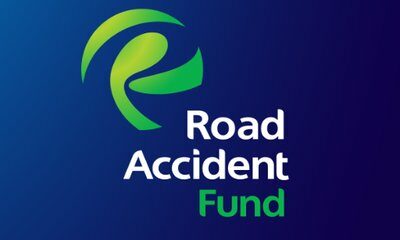News
Fuel Tax Hike Ends Freeze: What South African Drivers Need to Know

After keeping fuel levies unchanged for three years, the South African government is gearing up to raise petrol and diesel taxes from June 2025. Finance Minister Enoch Godongwana made the announcement during his latest budget presentation—the third this year—citing the need to fill a revenue gap left by scrapped VAT hikes.
Why the Hike?
Initially, the government planned to maintain the freeze on fuel taxes to cushion consumers from the VAT increase. This decision was expected to provide around R4 billion in relief to South African motorists. But after shelving the VAT hike plan, Treasury turned to fuel taxes as an alternative way to raise funds.
Starting 4 June 2025 (pending budget approval), motorists can expect:
-
Petrol levy increase: 16 cents per litre
-
Diesel levy increase: 15 cents per litre
This pushes the general fuel levy to R4.01/litre for petrol and R3.85/litre for diesel.
What About Other Fuel-Related Taxes?
The Road Accident Fund levy remains unchanged at R2.18/litre, while the carbon fuel tax will rise by the usual 3 cents per litre. The total tax burden on fuel now reaches:
-
R6.37/litre for petrol (about 30% of the total fuel price)
-
R6.24/litre for diesel (roughly 33%)
Petrol Price Cuts May Still Happen—But Smaller
The tax increase comes at a time when fuel price relief seemed possible. According to the latest data from the Central Energy Fund (CEF), South Africans were in line for fuel price drops in June:
-
Petrol: 23 cents per litre decrease
-
Diesel: 50 cents per litre decrease
However, the fuel levy hike will partially offset these gains. After factoring in the new taxes:
-
Petrol prices could still drop by 4 cents per litre
-
Diesel prices might decrease by 32 cents per litre
A Balancing Act for Treasury and Consumers
Fuel taxes are among the easier revenue tools for Treasury, but they come with consequences. The new hike means consumers and industries will shoulder more cost at a time when economic recovery remains fragile.
Economists had widely anticipated this move, especially given the unusual duration of the previous tax freeze. The coming weeks will be crucial in determining whether Parliament adopts the budget and how the changes will affect the economy.
South Africans should prepare for slightly higher costs at the fuel pump come June, though some relief may still filter through. With petrol and diesel taxes back on the rise, it’s a clear signal that government is shifting gears to find new ways to shore up its finances.
{Source: BusinessTech}
Follow Joburg ETC on Facebook, Twitter , TikTok and Instagram
For more News in Johannesburg, visit joburgetc.com



























